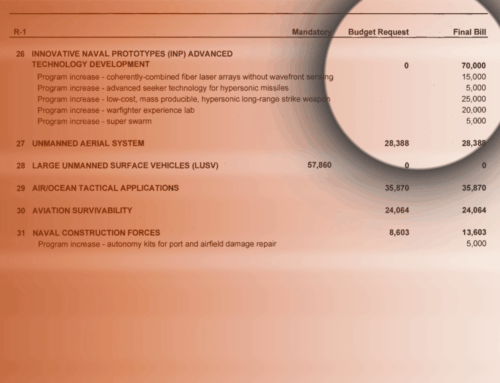Theyyyyyyyyyyy’re back.
On both sides of the Capitol, the spending gears are starting to turn as the Appropriations committees meet to take up the dozen bills that need to pass to fund the government.
There is a major shadow hanging over the process this year, however. The President has promised to veto bills that don’t hew to the spending limits set forth in his budget or don’t halve earmarks from last year’s levels. For their part, many congressional Democrats have pointed out that they will just wait the President out and get the bills signed by the new occupant of the Oval Office come January.
If the bills aren’t going to be enacted by the start of the upcoming fiscal year, why even go through the motions? There are a couple reasons to move the bills even if they don’t get signed into law. The simplest reason is that Congress has to do prove that a “do-nothing” Congress label is a misnomer. And to add to that, Americans don’t like it when teams try to run out the clock, and they certainly don’t like the idea of their elected representatives taking a knee waiting out the current President to leave office. So, at least for appearances sake, they are going to move on the spending bills.
A second reason is that you can’t create an omnibus out of nothing. Those end-of-the-year mega spending packages are mostly a combination of already existing spending bills, if you don’t have the underlying bills to combine, you have to do all the drafting work at the last minute. which would be next to impossible to do if you don’t want to hamstring the new President and delay the FY2010 spending bills.
Lastly, as the elections approach, lawmakers rely on the spending bills for press release fodder. They don’t wait until the bill is passed and signed into law, they take credit for earmarks and other spending provisions every stop on the way to enactment. If they don’t move the bills, there’s nothing to take credit for.
Clearly at some point this process is going to break down. We may only see one or two or no bills enacted into law this year. That means the vast majority of the government won’t know their budgets until they are half way through FY2009 (March 30, 2009). We shall see.










